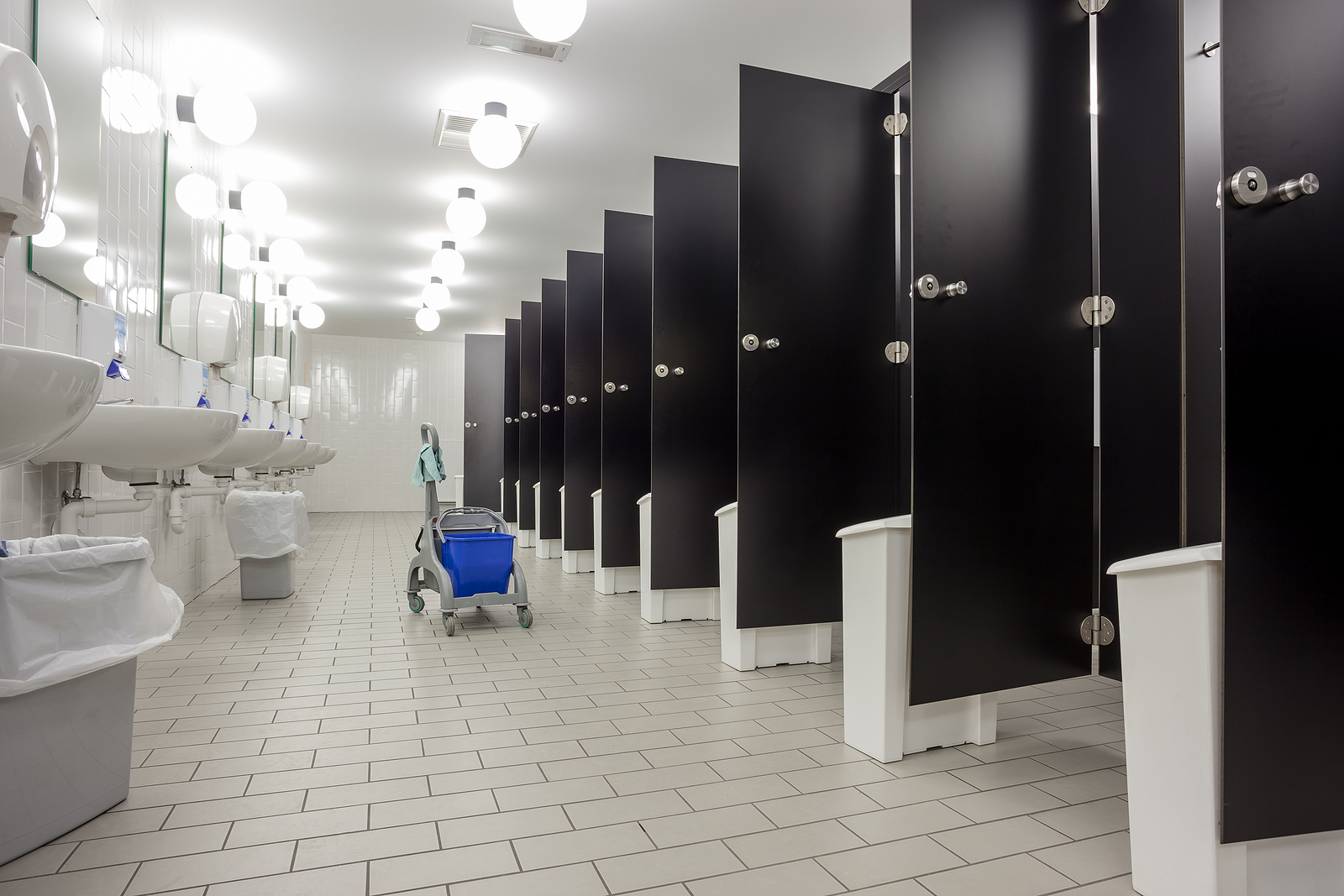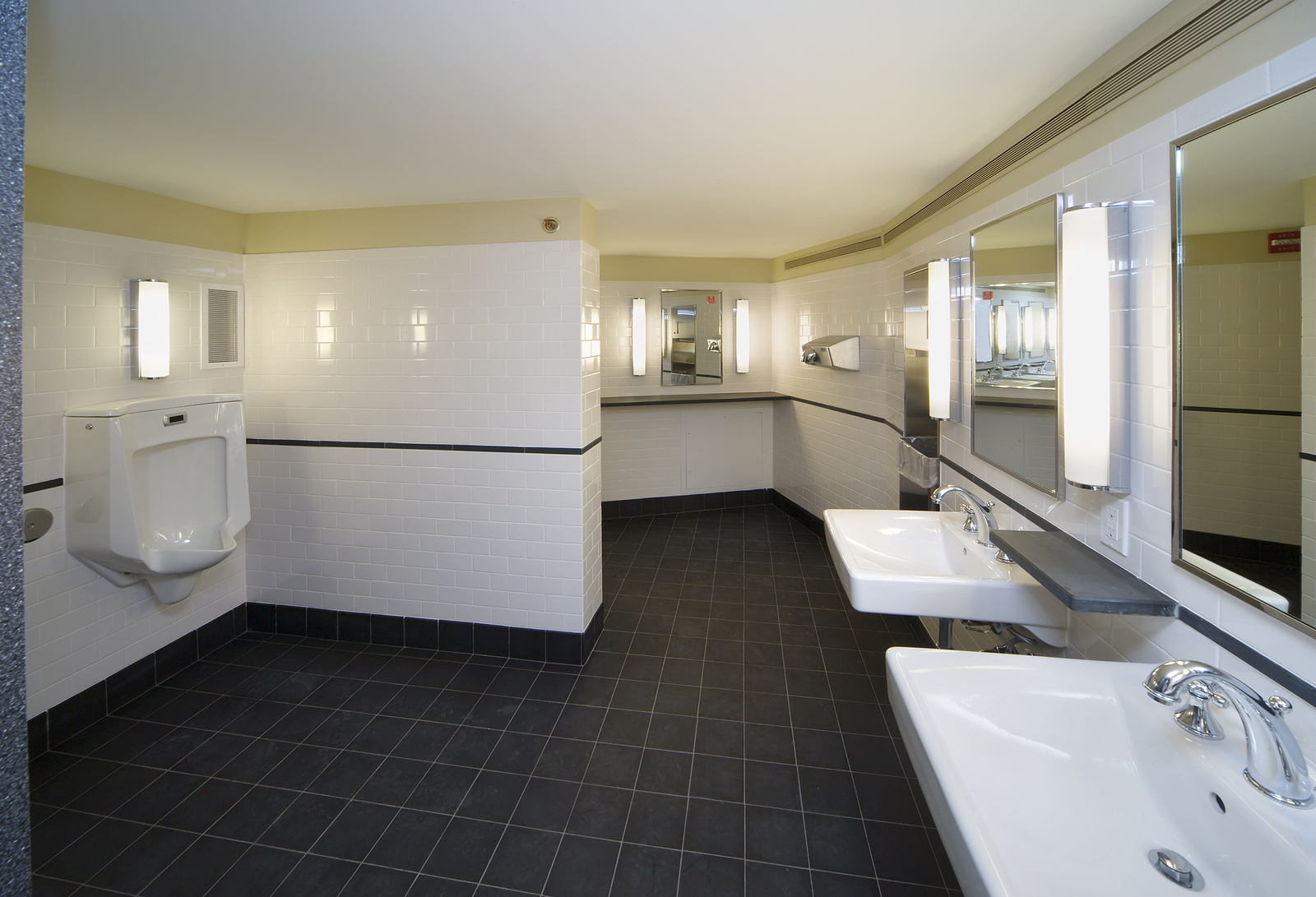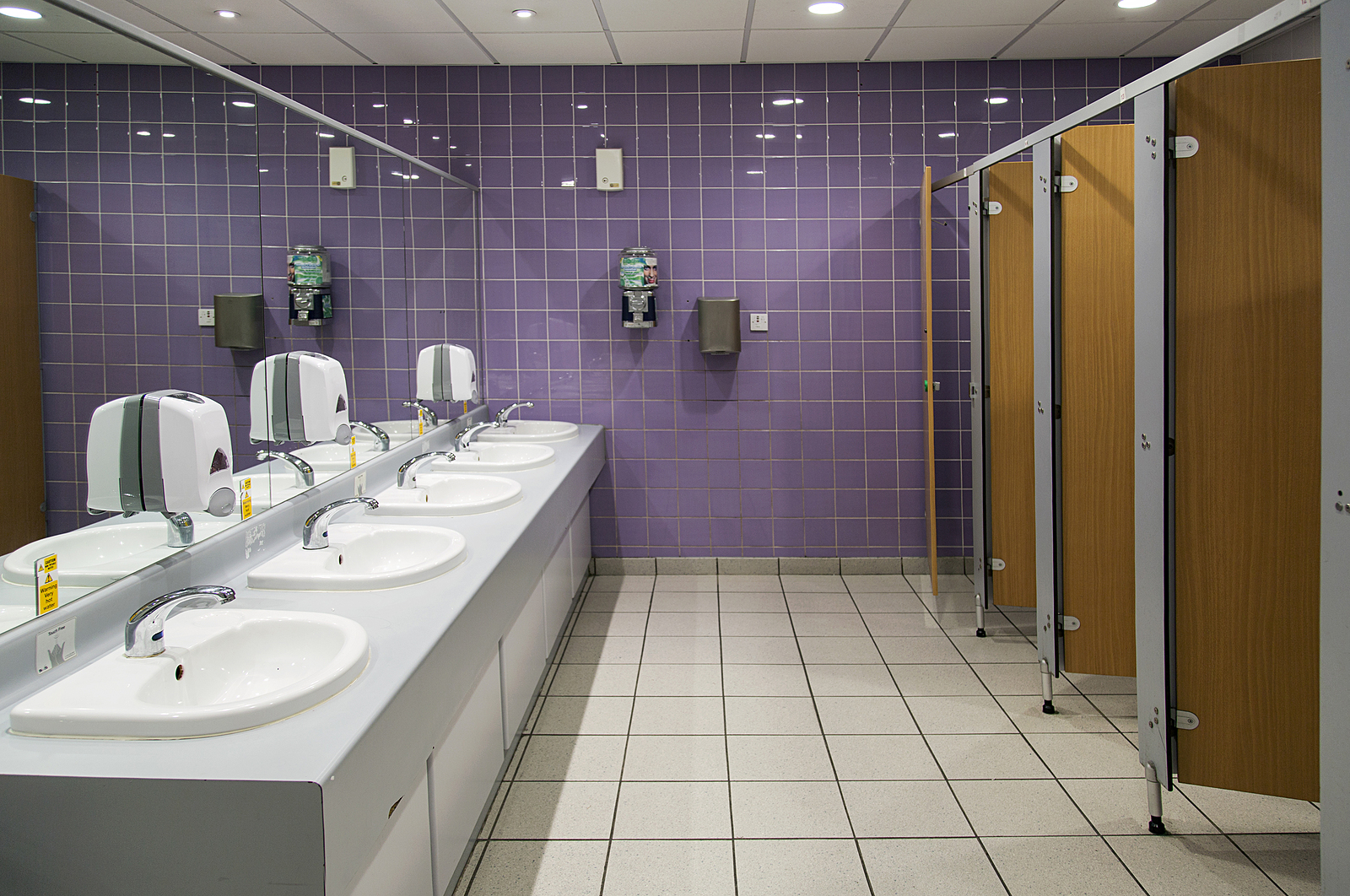

Most businesses want to provide the best possible experience for their customers, so they will tend to ensure that, where possible and appropriate, they have appropriate access to washroom facilities and toilet cubicles.
However, whilst the precedent for providing facilities for employees is relatively well-established, with the Health and Safety Executive providing a particularly helpful guide for the rights of employees and the responsibilities of employers, the legal requirements for customer-facing businesses are somewhat more nebulous.
In many cases, conventional wisdom is typically adopted outside of reasonable adjustments required under the Equality Act, but whilst many retailers offer washroom facilities when it is practical to do so, is this a requirement or merely a courtesy?
To find out, here is an explanation of when washrooms must be provided, when they generally should be provided, and when retailers can refuse to provide toilet access to customers.
When Must Businesses Provide Washrooms To Customers?
The specific rules, codes and statutes that apply to businesses can vary by local planning authority, but the general rule is that there must be an adequate provision of toilet facilities appropriate for the particular place of business.
Typically, any business that sells food and drink and has areas where customers are intended to sit down and consume it must provide washroom facilities. The exact metrics vary, but a takeaway restaurant or a bakery is unlikely to require toilets, but a cafe, restaurant, pub or nightclub will.
Whilst not always used, a typical rule of thumb that local authorities follow is that if an establishment serves food and drink that can be consumed on-site and has ten or more seats, then it will need to provide toilets for customers as well as those for employees.
As well as this, premises that are open after 11pm and/or serve alcohol may also be required to provide washrooms, but this will vary.
Do You Need To Provide Washrooms If You Do Not Serve Food And Drink?
This depends on the type of business or public-facing building in question. Whilst a typical office or non-food retailer will be unlikely to be required to offer washrooms as a matter of course (although many will do so anyway in an emergency), some types of buildings need to provide them as part of building regulations.
These include a wide range of key public buildings and large retail developments, including but not limited to:
- Transport terminals, such as bus stations, larger railway stations and airports.
- Key civic buildings, including large libraries, town halls and civic facilities.
- Educational establishments, especially colleges, schools and universities.
- Healthcare clinics and hospitals.
- Service stations on motorways, often with specific requirements for HGV drivers.
- Leisure complexes, such as concert arenas, theatres, cinemas, large function rooms and convention centres.
- Sporting facilities such as stadiums and indoor sporting arenas.
- Cultural hubs, particularly art galleries and museums, even if they do not already have indoor cafes.
- Shopping centres and other large retail developments, even if they do not have a food court or restaurants within the complex.
- A Shopmobility centre, although these are often integrated within shopping centres.
- Outdoor events, either by using existing public toilets or adding additional portable facilities.
Outside of these, many retailers will offer washroom facilities to customers. However, it may not necessarily be a legal requirement to do so outside of reasonable adjustments required under the Equality Act.
Regardless, as the number of public washrooms decreases, there is a growing expectation that shops will provide toilet facilities if it is reasonable for them to do so and there are no alternative provisions nearby.
This is why many larger stores and supermarkets that do not have on-site dining facilities will often have an accessible washroom and baby-changing facilities.
Are Businesses Obligated To Provide Washrooms For Non-Customers?
The simple answer to this is no; whilst some venues may be required to offer washrooms to customers, they are not required to allow non-customers to use them, as long as their policy is clearly signposted and is consistently enforced without prejudice.
This is why coffee shops and larger takeaways may sometimes have locked customer-facing bathrooms which require a passcode or a member of staff to open for customers.
This does not necessarily change their requirements under the Equality Act, and businesses should provide access to washroom facilities if it is reasonable for them to do so for people with visible or invisible needs.
As well as this, what a business must do is different from what it should do. Offering washroom facilities in retail locations where alternative provisions are a significant distance away can be an essential part of customer service and positive PR.





